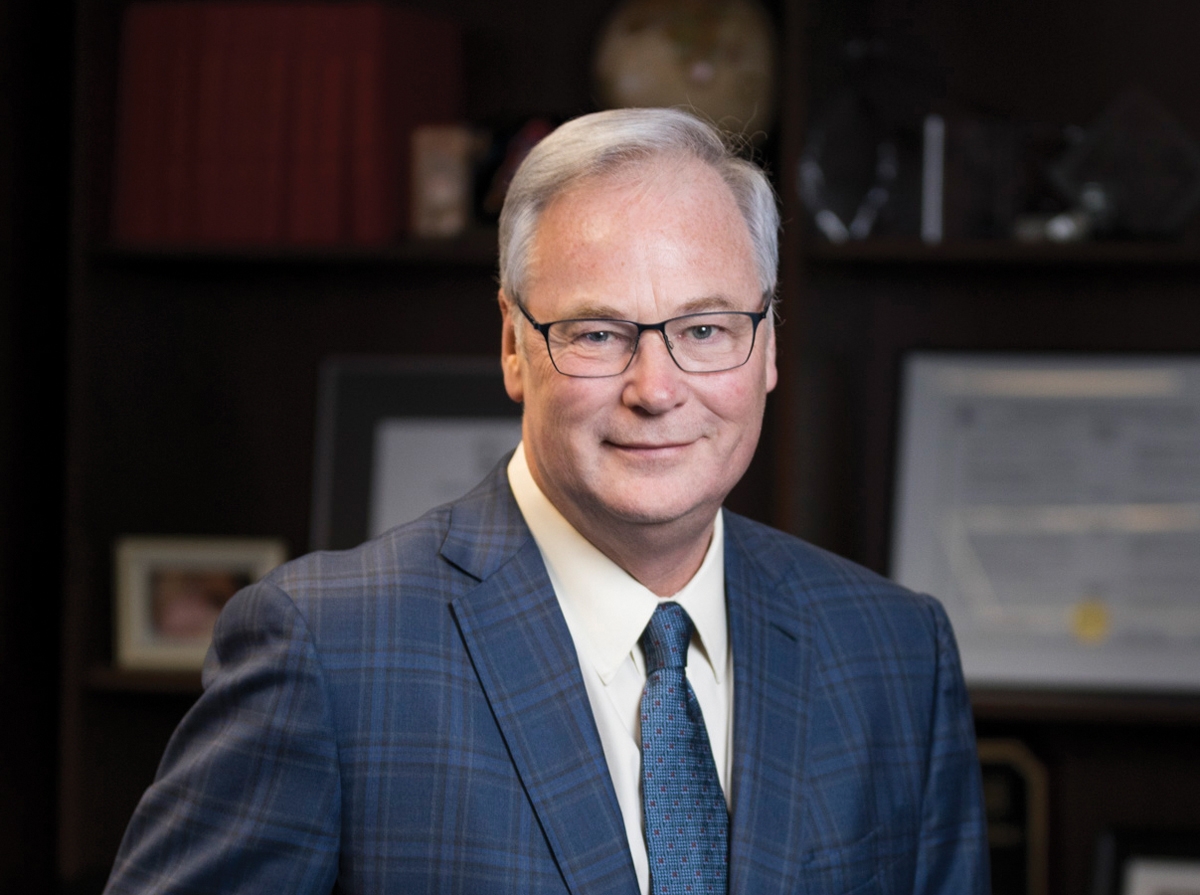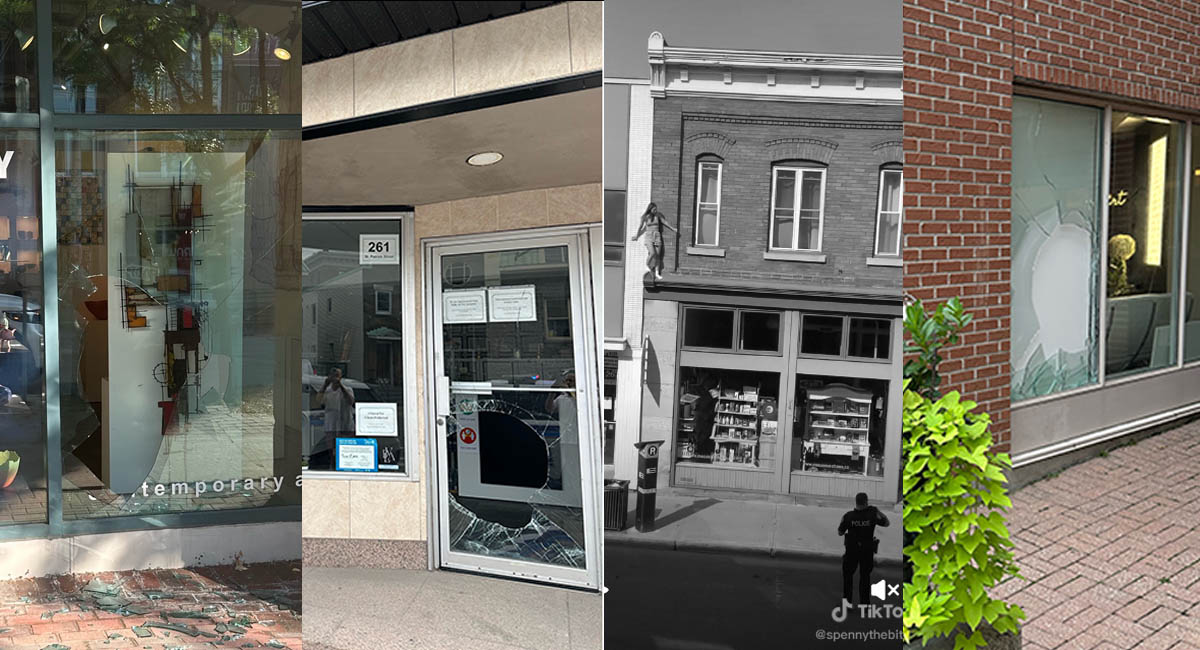
Gone fishin’— The Ottawa Hospital’s Dr. Kitts proudly reflects back
Dr. Jack Kitts is retiring as President and CEO of The Ottawa Hospital (TOH) in June 2020. There is an old saying — you can take the boy out of the Valley, but you can’t take the Valley out of the boy. Kitts, a native of Barry’s Bay began as a medical officer in the Canadian Forces before embarking on a distinguished career as an anaesthesiologist, researcher and health-care administrator. His 2018 induction into the Order of Canada describes Dr. Kitts as “developing and implementing unique patient-centred care.” This may be his greatest legacy.
In 1998, while working as a physician at The Ottawa Hospital, Kitts was at the centre of massive changes to the city’s health care services – specifically the provincial government’s decision to merge three Ottawa hospitals (General, Civic, Riverside). Within three years, the newly amalgamated Ottawa Hospital had accumulated a debt of almost $200 million, staff morale was low, the province fired the board of directors, and shortly after the CEO was let go.
In October 2001 Kitts was offered the CEO position and turned it down, twice, questioning his own administrative CV. “My wife said,‘Jack, he asked you if you want to be the leader. The question I’d ask you is, if you’re not prepared to lead, are you prepared to follow?’” That spun the situation around for Kitts and he took the job in February 2002. It was not typical at the time for a physician to become a hospital administrator, and a rookie was the last person the media would give an easy ride to, so Kitts insisted on the support of the hospital’s senior team. “In fact, I was supported by two great teams. The home team, which is my wife and three children, a safe haven with a coach who is not afraid to tell me the truth. And I’ve been very fortunate over 19 years to have the best professional team I could ever imagine.”
Kitts can pinpoint the defining moment when the struggling hospital began to transform into the world-leading health and research centre it is today.
“We were good, but we weren’t great,” he recalls. As performance metrics and finances improved, a letter Kitts received in 2007 changed his perception of what “high-quality patient care” meant. A patient’s husband related their experience with TOH during a 48-hour period awaiting treatment of fractures. “He described a hospital that had no soul,” reflects Kitts. “We were really good at fixing things, but we were not really good at the care in between.” Kitts realized that great care meant, “looking through the lens of the patient, which is very different than looking through the lens of the hospital. So, in 2008, we changed our vision.” The result was a comprehensive set of patient-centred care practices that can now be felt by anyone admitted for treatment. Among many changes, care staff shares information, consults with and regularly informs patients, and sharply focuses the lens on the human person. The mantra Kitts instilled in the staff was to treat every patient as they would a loved one. The hallways are now filled with compassion.
With the ultimate goal of providing excellence in patient care, research soon became an integral component of day to day operations.
“Research and discovery offer hope,” says Kitts who works side by side with the hospital’s scientific director
Dr. Duncan Stewart.
As he thinks back to those early days of caring for patients, the care options given to patients barely scratched the surface. Today, The Ottawa Hospital is a leader in many aspects of health care including cancer, neurological conditions, trauma, emergency medicine, Parkinson’s and the list goes on. And with plans for a new Carling site to replace the aging Civic well under way, it is almost impossible to visualize to what extent The Ottawa Hospital will transform health care for future generations.
“Most of us can only imagine what patient care will look like when our new Carling site opens. What research advancements will be made . . . will there be cures? What we know is that there are extraordinary people who will get us there and I’m so grateful to be part of their team.”
As Dr. Kitts prepares to leave his position, he can see that his plan for patient-centred care in the 21st century has taken hold and is awaiting a new state-of-the-art home on Carling Avenue. He feels blessed to have led such an incredible team of medical staff and researchers serving a very generous community. “The only way you can get world-class care is to have a community that supports their hospital, and that’s something I’ll always remember, what a caring and giving community Ottawa has.”
We, the community, wish you well with tremendous gratitude, Dr. Jack. Even though, it would be tempting to think that Jack’s summers might be more about fishing rods back up in the line in Barry’s Bay, it wouldn’t be a surprise at all to see him continuing to work in some way to keep improving the patient experience.









